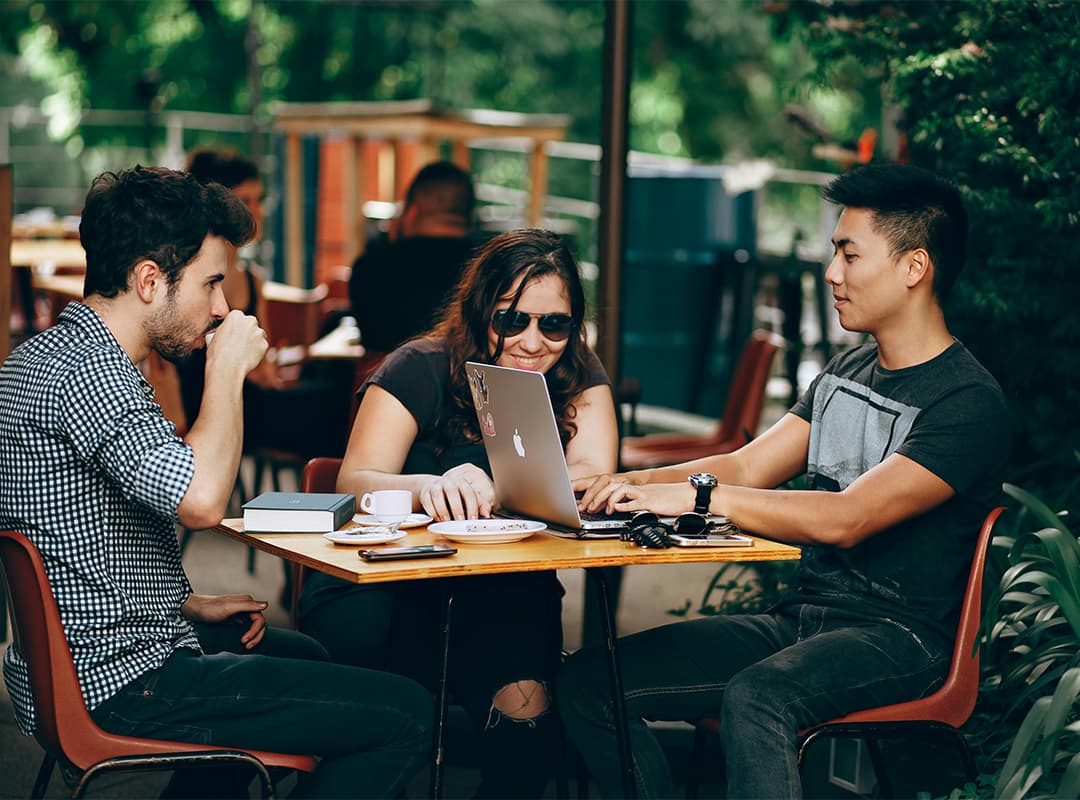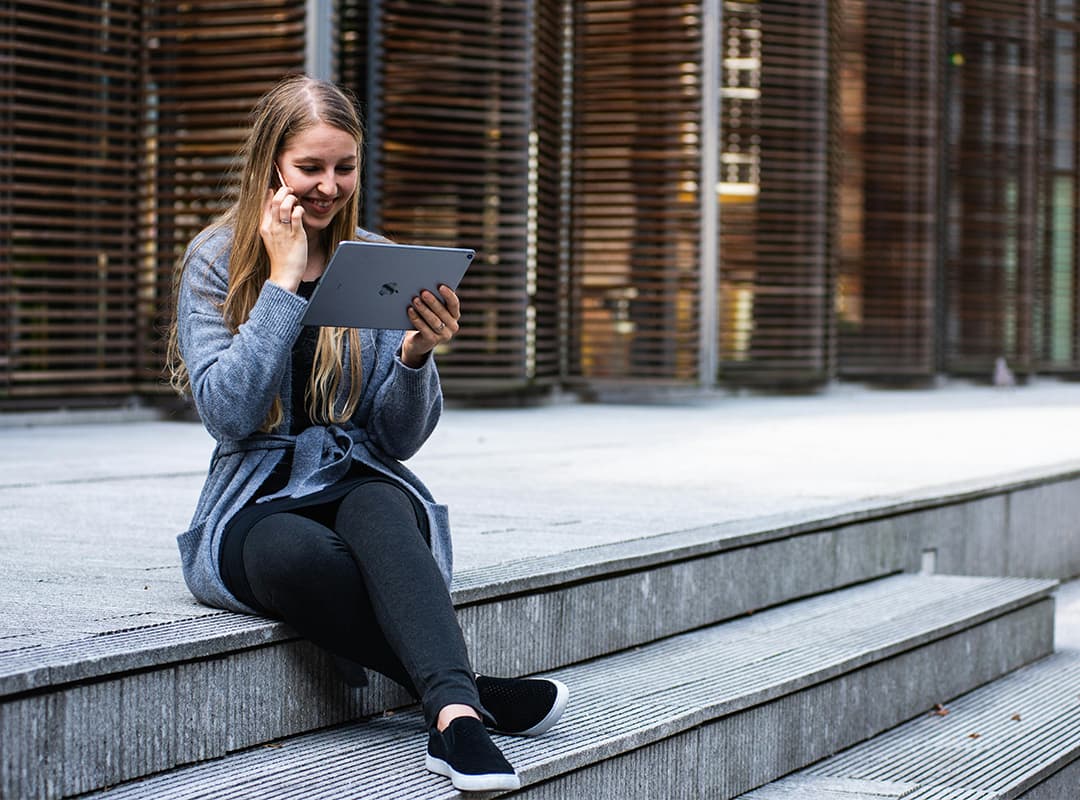Tourism has long been an essential necessity and an integral part of human life. Sooner or later he feels the need to go on a trip. A person’s desire for a variety of impressions takes clear shape when he comes to the decision to spend his free time away from home, expecting a change of places to relieve nervous tension and fatigue caused by work.
What is a person guided by when choosing a trip, a tourist destination, the nature of activity during the trip? What makes him/her do so and not otherwise?
One of the key points to answer these questions is the motivation for traveling and choosing a tourism product.
Tourist motivation can be defined as a person’s motivations aimed at satisfying recreational needs, depending on his individual physiological and psychological characteristics, system of views, values, inclinations, education, etc.
There are more than 300 types and subspecies of travel in the world, which are constantly supplemented by new varieties that can satisfy the most diverse desires and needs of the tourist.
A tourist trip has at its core motivation, which is one of the most important factors in making a decision to travel and choosing a tourist product and its constituent elements. Motivation of tourist travel choice (time, duration, direction, type, costs, nature of activity) is the most important characteristic that affects the behavioral initiatives of the tourist when planning his/her vacation, choosing, purchasing and accomplishing a tour.
Tourist motives are the most important constituent elements of the system of tourist activity, which can be considered as the determining components of demand, the basis for the choice of a trip and recreation program.
The motives of a person to a certain extent shape his behavior as a buyer and consumer of goods and services, especially in tourism. There is no product that can be realized in the market if it is not produced in accordance with consumer demand. The targeting of a tourism product is the key to its marketability. Understanding the motives of a potential tourist is of great importance in planning, forming and organizing the process of realization of a tourist product. This makes it possible to produce and to offer to the market the tourist product that best meets consumer expectations.
Tourist motivation is the necessary basis on which an effective system of planning, development and realization of the tourist product should be built.
There are many motives that guide the tourist. And the tourist always has a whole range of motivations, of which only certain ones can have significant importance and influence the mechanism and result of the final decision. However, any motive in a particular situation under the influence of certain circumstances is able to influence the consumer’s behavior in the process of making a decision about travel and the choice of tourist products.
Often the tourist program is changed under the influence of side motives rather than the main ones. For example, a person who went on vacation to a certain place, sometimes visits other interesting places and attractions, explaining his act by such a motivational outcome: “When will I visit here again? I have to see everything”. Motivations condition the improvement, development and introduction of new tourist programs.
Active and natural participation of various enterprises and organizations in the development of tourism causes the urgent need not only to identify, study and understand tourist motives, but also to use them and to strengthen professional attention to them.
Understanding of tourist motives allows to ensure the compliance of supply and demand and, as a result, to increase the competitiveness of the enterprise by meeting the needs of the tourist in a particular tourist product.



